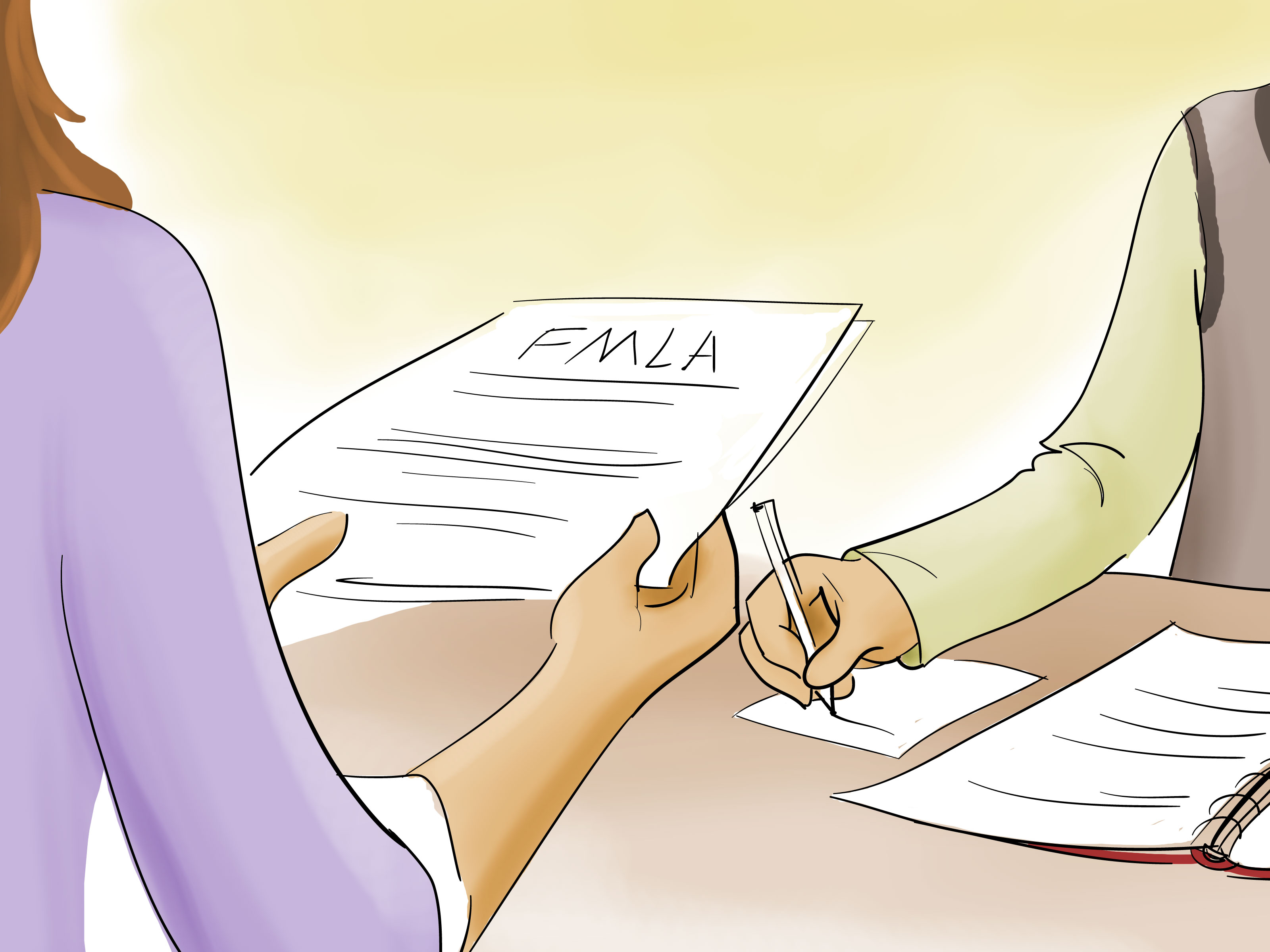Therapists' Role in FMLA Paperwork: What You Need to Know

If you or someone you know is navigating the complexities of Family and Medical Leave Act (FMLA) due to a medical condition, understanding the role of therapists in this process can be crucial. FMLA is a critical piece of legislation that provides job-protected leave to eligible employees for various family and medical reasons. However, for the process to go smoothly, proper documentation from healthcare providers, including therapists, is essential. Let's delve into how therapists facilitate FMLA paperwork and what both patients and employers should know.
Understanding FMLA

Before we can understand the therapist’s role, it’s vital to have a foundational grasp of FMLA:
- Eligibility: Employees who have worked for 1,250 hours over the previous 12 months and for an employer with at least 50 employees within a 75-mile radius are eligible.
- Reasons for Leave: FMLA allows leave for the birth of a child, care for a newborn or adopted child, serious health conditions affecting oneself or a close family member, or for exigencies related to military service.
- Duration: Up to 12 weeks of unpaid, job-protected leave in a 12-month period or 26 weeks for military caregiver leave.
The Therapist’s Role in Certifying FMLA

Therapists, particularly those dealing with mental health, play an indispensable role when it comes to certifying FMLA leave. Here’s how:
1. Certifying Health Conditions

The therapist must provide certification that the employee or their family member has a serious health condition, as defined by FMLA. This certification includes:
- Diagnosis and description of the health condition.
- Estimated duration of the need for leave.
- An estimate of how often the employee might need time off.
🔍 Note: A "serious health condition" under FMLA includes conditions like psychiatric care, chronic conditions requiring treatments, or incapacity for more than three consecutive days plus ongoing medical treatment.
2. Providing Necessary Documentation

The therapist needs to complete the Department of Labor (DOL) Certification of Health Care Provider Form for FMLA:
- This form requires detailed medical information and must be filled out correctly to ensure the employee’s leave is approved.
- The therapist might need to communicate directly with the employer’s Human Resources department or FMLA coordinator for clarification or additional information.
3. Offering Professional Judgement

Therapists can also provide their professional opinion regarding the:
- Necessity of intermittent leave or a reduced work schedule.
- Reasonable accommodations or modifications that might allow the employee to continue working while managing their health condition.
Challenges and Considerations

Both therapists and employees face several challenges when dealing with FMLA paperwork:
1. Privacy and Confidentiality

- Therapists must balance the need to provide sufficient information for FMLA certification while maintaining patient confidentiality.
- Employers are not allowed to ask for diagnostic details but can request information about functional impairments related to the job.
2. Time Constraints

- There is often a tight deadline for the submission of FMLA paperwork, which can add pressure to the process.
3. Coordinating with Multiple Providers

- In cases where a patient sees multiple healthcare providers, the therapist might need to coordinate with others to provide a comprehensive picture of the patient’s health needs.
In summary, understanding how therapists contribute to the FMLA process can make a significant difference in ensuring employees get the leave they need while protecting their job. A therapist's role includes providing detailed certification of health conditions, completing necessary documentation accurately, and offering professional guidance on the employee's capabilities and leave requirements. It's a collaborative effort that requires understanding and communication between all parties involved.
What if the therapist is hesitant to provide FMLA certification?

+
The hesitation might stem from concerns over confidentiality or lack of information about FMLA requirements. Employees can educate their therapists about FMLA, provide them with necessary forms, or ask HR to reach out directly to the therapist to clarify requirements.
How specific does the medical condition need to be in the certification?

+
The certification needs to describe the condition’s impact on job performance, but specific diagnosis is not required unless it directly relates to the leave’s necessity. The focus should be on functional limitations.
Can a therapist provide information about future care needs?

+
Yes, therapists can provide estimates on future treatment needs or anticipated ongoing care requirements as part of the FMLA certification process.



